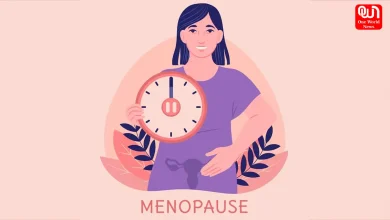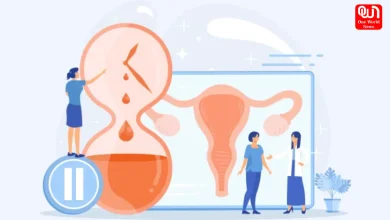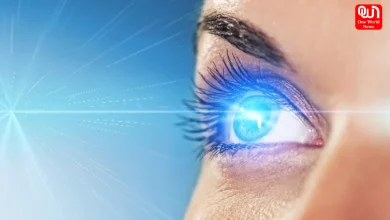Can diabetes cause hair loss?
Researchers are working to answer if diabetes causes hair loss! Find out…
Researchers are working to answer if diabetes causes hair loss! Find out…
Diabetes is a chronic condition that affects how our body turns food into energy. When we eat, our body breaks down sugars and carbohydrates into glucose, a type of sugar. Insulin, a hormone produced by the pancreas, helps glucose enter your cells to provide energy. In diabetes, the body either doesn’t make enough insulin (Type 1 diabetes) or can’t use insulin properly (Type 2 diabetes). This results in elevated levels of glucose in the blood, which can lead to various health complications if not managed properly.
Diabetes is a highly prevalent condition in today’s world and it has a huge impact on health. It not only impacts the sugar level but also other health issues such as hair fall, weight, food habits and such.
Can diabetes cause hair fall?
Hair loss is a serious concern for many and can be attributed to various factors, and one lesser-known contributor is diabetes. The relationship between diabetes and hair loss falls under the following-
- Alopecia areata- It is an autoimmune disorder where the immune system mistakenly targets the hair follicles, resulting in hair loss, often in patches. It has been found that those with diabetes have a higher prevalence of alopecia areata, suggesting a potential link between the two conditions.
- Poor Blood Circulation: Diabetes can lead to poor circulation, reducing the blood flow to the scalp. This decreased blood flow can affect hair follicles’ ability to receive proper nutrients and oxygen, potentially leading to hair loss.
- Hormonal Imbalances: Fluctuations in hormone levels, particularly insulin, can affect the hair growth cycle. This leads to increased shedding or slows down the growth phase of the hair.
- Stress: Stress is one of the biggest causes of hair fall. Increased stress levels can trigger a type of hair loss called telogen effluvium, where more hair follicles than usual enter the resting phase of the hair cycle, leading to increased shedding. Managing diabetes, a chronic condition can be particularly stressful.
- Inflammation: Diabetes can cause inflammation in the body, which impacts the hair follicles and disrupts the normal hair growth cycle, leading to hair loss.
- Nutritional Deficiencies: Poorly managed diabetes can impact nutrient absorption and utilization in the body. Nutritional deficiencies, such as deficiencies in vitamins and minerals important for hair health (like iron, zinc, and biotin), can further contribute to hair loss.
Like this post?
Register at One World News to never miss out on videos, celeb interviews, and best reads.








